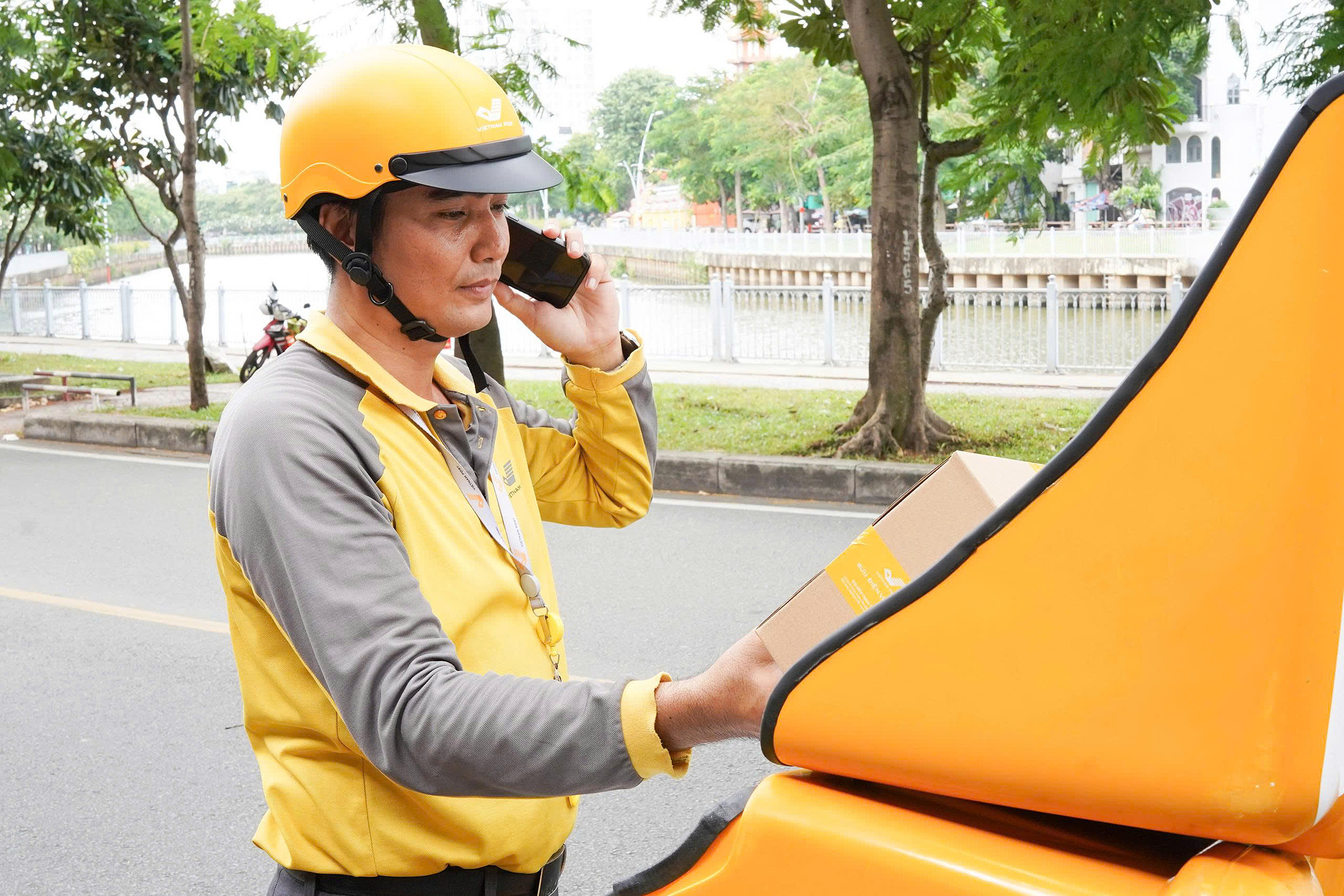An said the caller knew her name and address, leading her to believe it was a legitimate delivery. "If I hadn't checked with the seller, I could have lost a much larger sum than the 35,000 VND the 'driver' requested," she said.
Phuong Anh, a musical instrument shop owner in Hanoi, said many customers have called her store to verify similar situations. They reported receiving calls from supposed delivery drivers asking them to click a link for compensation due to damaged goods. These calls had a common pattern: the caller would recite the order details fluently, claim the instrument was severely damaged during transit, and offer compensation via a link.
"The most effective way to avoid these scams is to verify with the seller and never enter personal or financial information into unverified links," Phuong Anh added.
The National Cybersecurity Monitoring Center (NCSC) advises against paying any fees before inspecting and receiving goods. They also warn against accessing links from unknown sources, especially those requesting personal or banking details. Suspected scams should be reported immediately to the police or the NCSC.
Le Tam from Da Nang prioritizes personal information security when shopping online. Some stores encourage customers to leave comments with contact details for consultations on social media or livestreams. However, Tam believes this poses risks. Experts also advise against sharing personal documents, addresses, and phone numbers online.
Hoai Thuong from Hanoi avoids unverified promotions and rewards on social media or unfamiliar websites to mitigate risk. Some scammers impersonate reputable brands, so she recommends checking domain names and only providing information on trusted platforms with HTTPS security certificates. Before any transaction, she cross-checks brand names and logos to avoid scams. She also uses strong passwords, two-factor authentication (2FA), regular password changes, and avoids saving unnecessary bank card information for her online shopping accounts.
A representative from Vietnam Post, a postal service under the Ministry of Science and Technology, stated that legitimate postal workers always wear official uniforms, call for confirmation beforehand, and never request prepayment or bank transfers. Scammers often use urgent or threatening language to pressure recipients into transferring money or revealing sensitive information.
 |
Vietnam Post delivery personnel always wear branded uniforms and do not require prepayment. Photo: Vietnam Post |
Vietnam Post delivery personnel always wear branded uniforms and do not require prepayment. Photo: Vietnam Post
Upon delivery, customers should verify the delivery person's information against the app, and inspect goods before payment. Packaging should be shredded or personal information obscured before disposal. Staying updated on warnings from e-commerce platforms, delivery services, and authorities also helps prevent scams.
Thai Anh












